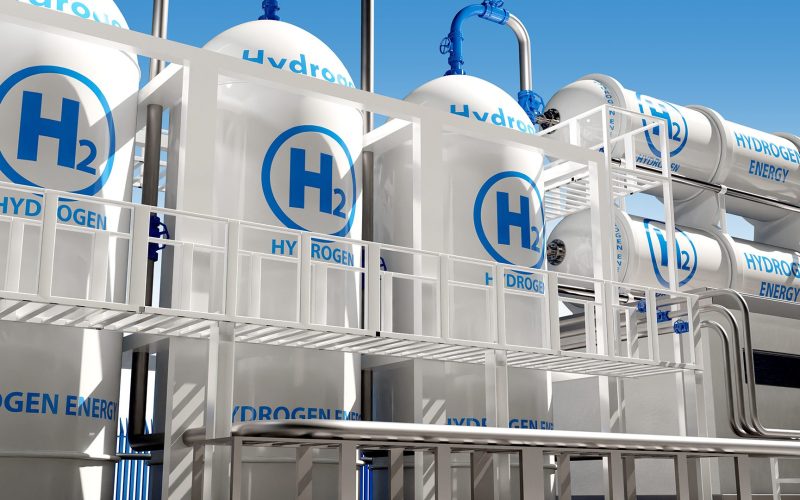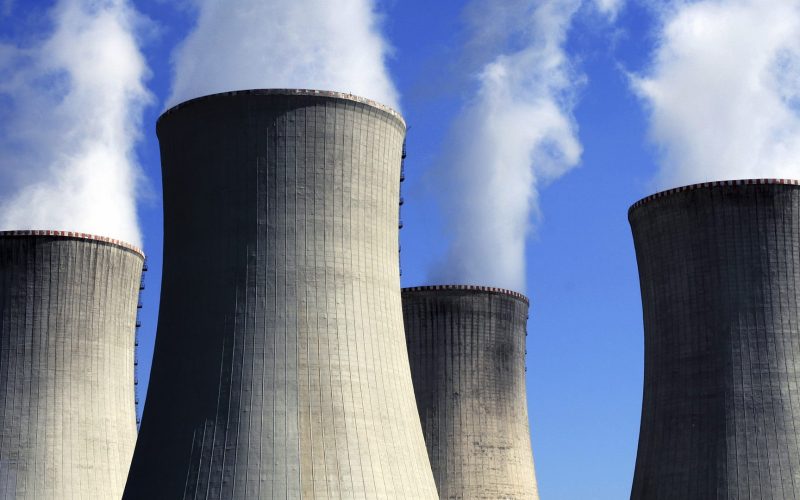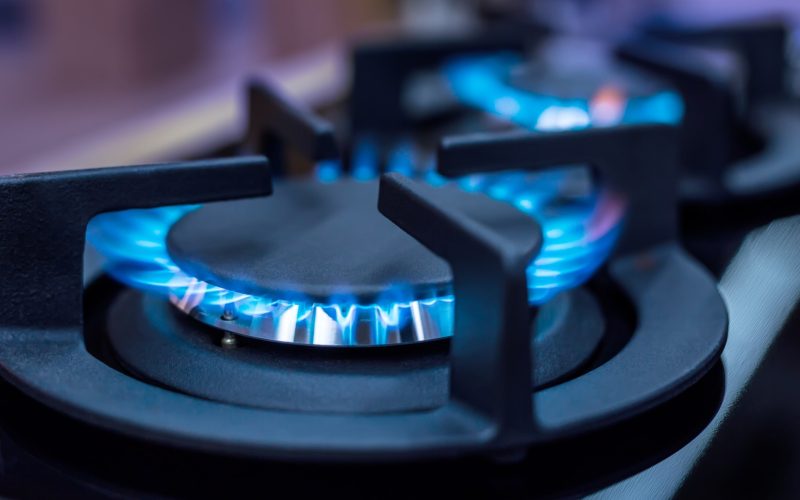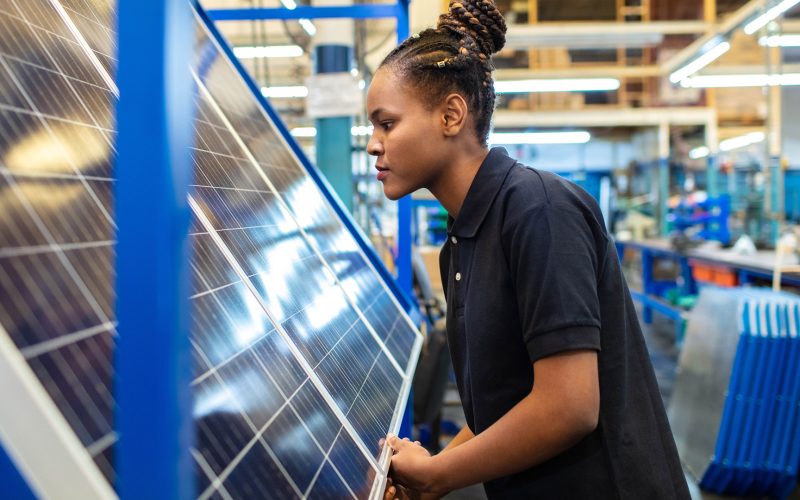THE VOICE FOR THE ENERGY CONSUMER

• Memorial Day forecast to be this year’s priciest holiday at the pump • Gasoline price changes of just a few cents a gallon can significantly alter household budgets •.

This week, CEA’s Kevin Doyle sat down with Local 10 News to talk about Florida energy policies that can bring affordable costs and reliable service to families across Florida. Listen.

TALLAHASSEE – Consumer Energy Alliance (CEA), the leading energy and environmental advocate for families and businesses, released the following statement today upon the signing of Florida HB 1645 regarding energy.

CEA’s Mid-Atlantic Executive Director, Mike Butler, explores how Western Pennsylvania is continuing to lead the way in energy technology and innovation to ensure continued economic development across the state. While.

CEA Northeast Executive Director Marc Brown looks at the practical implications of ensuring the continued operation of Connecticut’s Millstone nuclear power station and the benefits provided to consumers. With growing.

H.R. 6192 Protects Traditional Fuels, Prevents Backdoor Bans, and Supports an ‘All of the Above’ Energy Approach WASHINGTON, D.C.– Consumer Energy Alliance (CEA), the national consumer advocate focused on the.

Matthew Gonzales, CEA’s Southwest Executive Director, examines the costly and misguided history of utility municipalization, and why it ultimately costs families and businesses more money through higher rates. Barely 15%.

CEA Southeast Executive Director Kevin Doyle discusses how natural gas can be part of the solution to maintaining affordable, reliable, and environmentally responsible power production in the Southeast as power.

With Florida’s legislative session coming to a conclusion, CEA Southeast Executive Director Kevin Doyle examines how bills encouraging the development of Renewable Natural Gas could help decrease emissions while providing.

CEA’s David Holt joined Veriten for a discussion on electricity affordability and reliability for families and businesses across the country. Listen here – Veriten
.